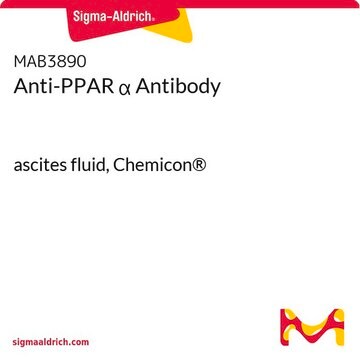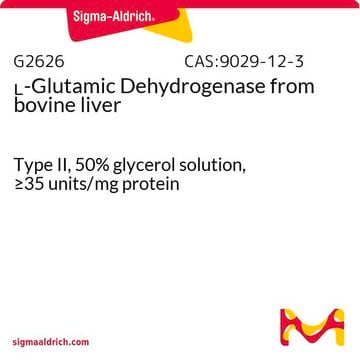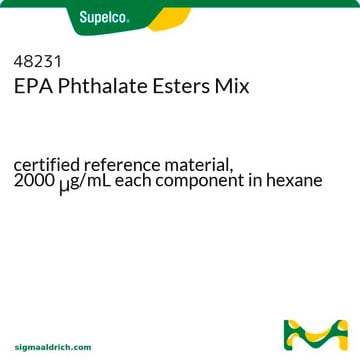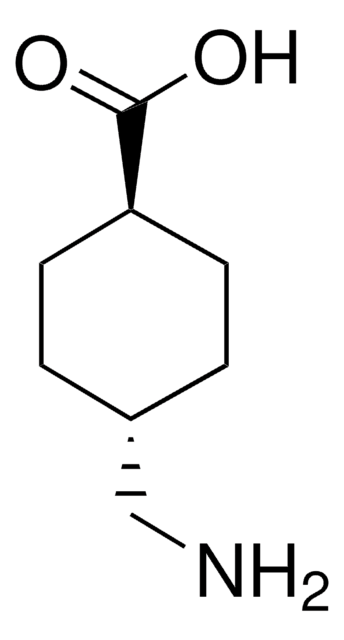P0869
Monoclonal Anti-Peroxisome Proliferator Activated Receptor α antibody produced in mouse
~1 mg/mL, clone 3B6/PPAR, purified immunoglobulin, buffered aqueous solution
Sinónimos:
Anti-PPARα
About This Item
Productos recomendados
biological source
mouse
Quality Level
conjugate
unconjugated
antibody form
purified immunoglobulin
antibody product type
primary antibodies
clone
3B6/PPAR, monoclonal
form
buffered aqueous solution
species reactivity
mouse, rat, human
concentration
~1 mg/mL
technique(s)
western blot: 2-5 μg/mL using human, mouse and rat
isotype
IgG2b
UniProt accession no.
shipped in
wet ice
storage temp.
−20°C
target post-translational modification
unmodified
Gene Information
human ... PPARA(5465)
mouse ... Ppara(19013)
rat ... Ppara(25747)
General description
Immunogen
Biochem/physiol Actions
Physical form
Disclaimer
¿No encuentra el producto adecuado?
Pruebe nuestro Herramienta de selección de productos.
Storage Class
10 - Combustible liquids
wgk_germany
WGK 3
flash_point_f
Not applicable
flash_point_c
Not applicable
Certificados de análisis (COA)
Busque Certificados de análisis (COA) introduciendo el número de lote del producto. Los números de lote se encuentran en la etiqueta del producto después de las palabras «Lot» o «Batch»
¿Ya tiene este producto?
Encuentre la documentación para los productos que ha comprado recientemente en la Biblioteca de documentos.
Nuestro equipo de científicos tiene experiencia en todas las áreas de investigación: Ciencias de la vida, Ciencia de los materiales, Síntesis química, Cromatografía, Analítica y muchas otras.
Póngase en contacto con el Servicio técnico








